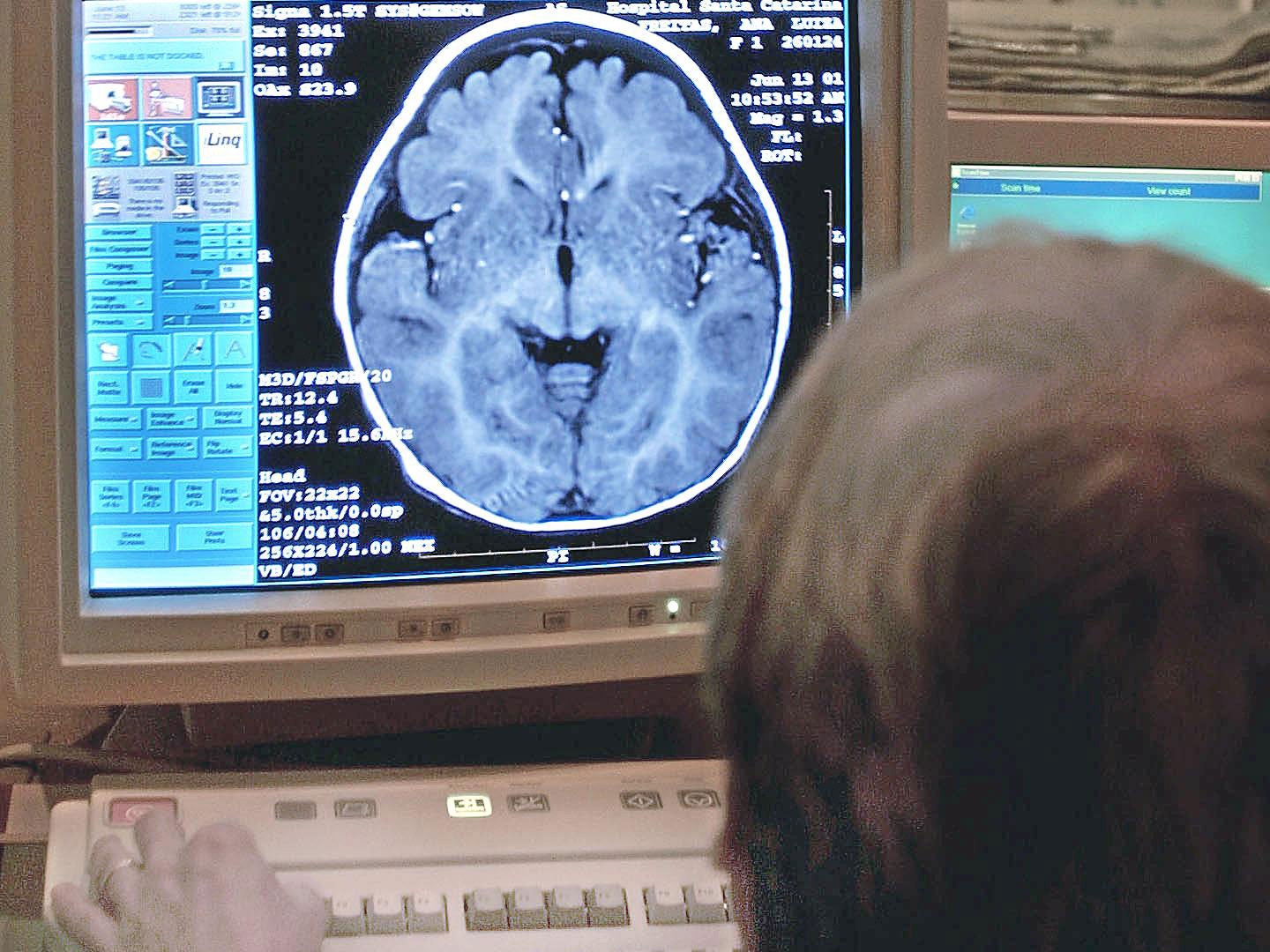Busy people have improved cognitive function in old age, study says
Being busy is not always a choice - but researchers say it isn't necessarily a bad thing

Busy people may have better-functioning brains in old age than those who are less busy, scientists have suggested.
A healthily busy lifestyle is associated with improved cognitive function, the Dallas Lifespan Brain Study found, particularly when it comes to working memory, reasoning and vocabulary.
However, the scientists were not able to say if the heightened brain function is caused by being busy, or vice versa.
A total of 330 volunteers aged between 50 and 89 filled in questionnaires for the project, which was published in the journal Frontiers in Aging Neuroscience. The volunteers also completed a series of neuropsychological tests which measured their cognitive performance.
Denise Park, the director of the Dallas Lifespan Brain Study, said she was surprised at how little research had been carried out on the subject, given that being too busy "seems to be a fact of modern life for so many".
And while the research was not affected by an individual’s level of education and age, Ms Park said that a link had been discovered between busy lifestyles and superior processing speed of the brain, working memory, reasoning and vocabulary.
In particular, there was a strong association between busyness and memory - specifically, the ability to remember certain events in the past.
Sara Festini, lead author of the study, said: "We show that people who report greater levels of daily busyness tend to have better cognition, especially with regard to memory for recently learned information."
However, the results also raised further questions – such as whether being busy improves cognitive function or if people with heightened neurological characteristics simply tend to be busier people.
The researchers hypothesised another possibility: That busier people, by the nature of their lifestyles, have more opportunities to learn through the wider variety of situations they find themselves in, which results in stimulating cognition.
"Living a busy lifestyle appears beneficial for mental function, although additional experimental work is needed to determine if manipulations of busyness have the same effect," said Dr Festini.

While being overly busy can lead to conditions like chronic stress, other experts have supported the claim that a healthy level of busyness can also be important for mental health. Doctors often instruct patients with depression to keep busy to try to distract themselves from their condition.
Clinical psychotherapist Dr Nikki Webber told Medical Daily: “Isolation is a leading contributing factor to depression and leading a busy lifestyle can offer more opportunities to connect to others, which many people underestimate the need for.”
Join our commenting forum
Join thought-provoking conversations, follow other Independent readers and see their replies
Comments
Bookmark popover
Removed from bookmarks